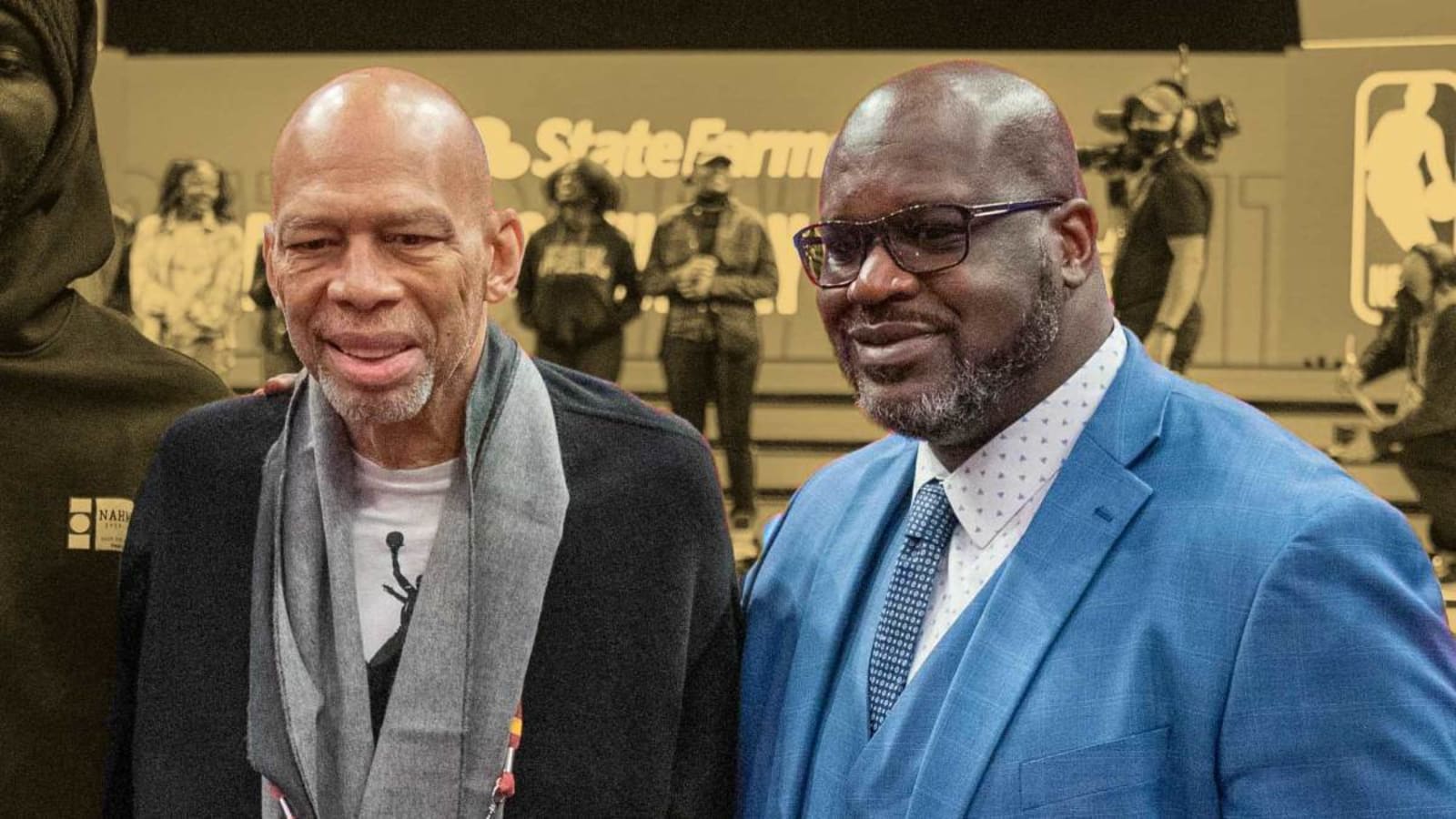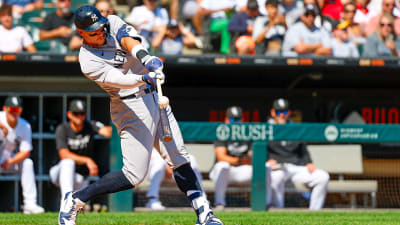
For most, being dominant on the court might seem like enough. But for one of the most imposing figures in NBA history, Shaquille O'Neal, dominance alone wasn't cutting it.
A single conversation flipped the script for the man who had already been shattering records—and backboards—as a young player in the league.
Early frustrations
Shaq's arrival in Orlando in 1992 was a turning point for the franchise. The 7'1" giant quickly made his presence felt, becoming a force that couldn't be ignored. Fans across the league watched in awe as he tore down rims.
During his rookie season, O'Neal shattered two backboards, showing his raw power and athleticism.
By 1995, his team had reached the NBA Finals, but their success story was cut short. The young squad faced a brutal sweep by the Houston Rockets. It was a tough pill for the star center, whose numbers were stellar but whose trophy case remained empty.
When O'Neal joined the Los Angeles Lakers a year later, expectations soared. The Lakers were a storied franchise, and many believed Shaq would lead them back to glory. Yet, the early years in purple and gold were riddled with postseason heartbreak.
Despite his dazzling statistics—consistently averaging over 25 points and double-digit rebounds, Shaq's playoff runs ended in disappointment. It was during these moments of reflection that his turning point arrived.
"Kareem Abdul-Jabbar said that. You know how the media works: 'Shaq is a big man; he's averaging all these numbers. He's doing this, and he's doing all these numbers, and Kareem said, 'Yeah, but he gets swept every year in the playoffs, and he doesn't win a championship. Not only did that hurt, it was the truth," Shaq said.
O'Neal had yet to cement his legacy as a winner despite averaging monstrous numbers. One narrative loomed large for all the headlines and accolades: no championships.
Buckling up
The LSU product admitted that the criticism stung. But instead of dismissing it, he leaned into the uncomfortable truth. The turning point came in the 1999-2000 season, when the center elevated his game to a historic level.
That year, he secured the league MVP award, averaging 29.7 points and 13.6 rebounds per game. More importantly, his Lakers broke through in the playoffs, capturing their first NBA championship since 1988.
This victory was no fluke. Over the next two seasons, "The Diesel" and his team completed a three-peat, cementing their dominance in the NBA's history. Shaq was named Finals MVP each time, becoming the centerpiece of one of the league's most iconic dynasties.
"A lot of times before you get all sensitive, my mother taught me to see if there's some truth in the criticism, and Kareem Abdul-Jabbar was 100% right… Once he said that I really had to get that eye reach; I really had to turn it up," Shaq said.
The lesson stuck with him even as he transitioned to the Miami Heat. In 2006, O'Neal helped deliver Miami's first-ever NBA championship, proving once again that he had mastered the art of winning. The accolades continued to pile up: 15 All-Star appearances, multiple MVPs, and a spot in the Hall of Fame.
More must-reads:
- Malik Beasley under NBA investigation for gambling allegations
- Bulls score massive win with Josh Giddey extension
- The 'Multiple TD passes in an NFL debut' quiz
Breaking News
Trending News
Customize Your Newsletter
 +
+
Get the latest news and rumors, customized to your favorite sports and teams. Emailed daily. Always free!








